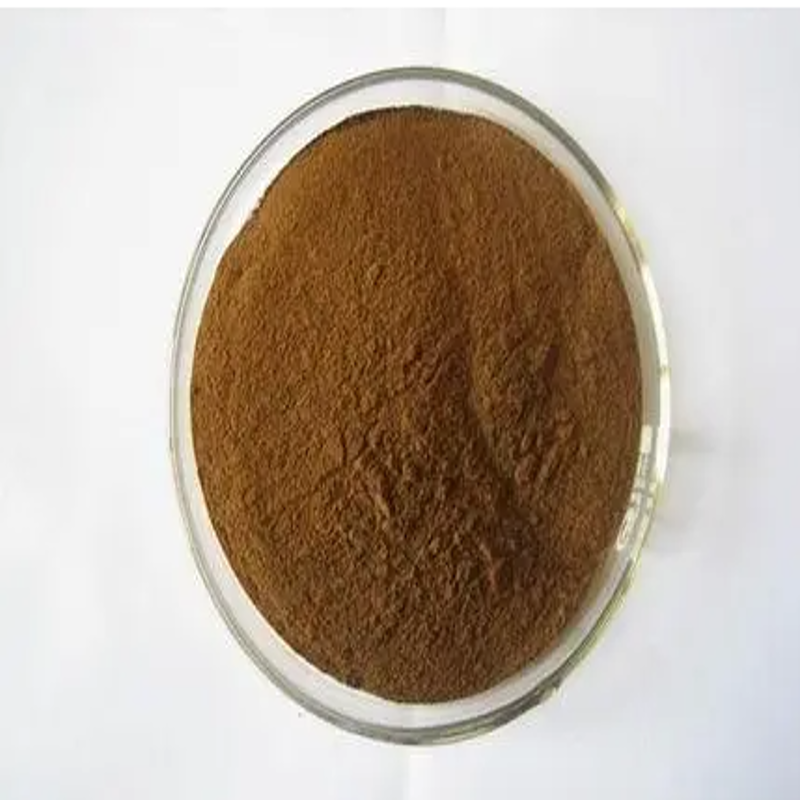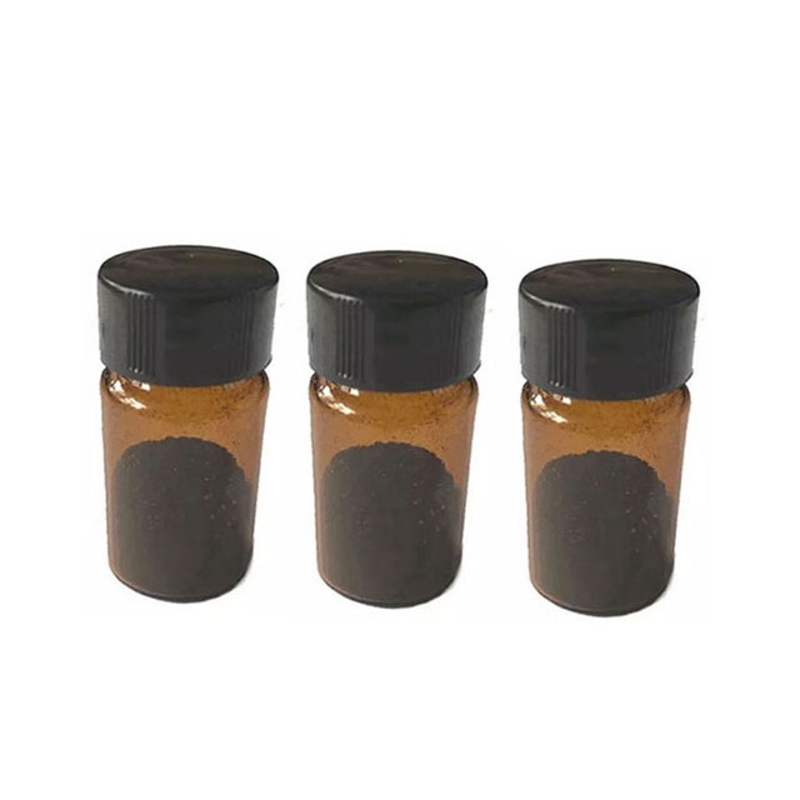-
Categories
-
Pharmaceutical Intermediates
-
Active Pharmaceutical Ingredients
-
Food Additives
- Industrial Coatings
- Agrochemicals
- Dyes and Pigments
- Surfactant
- Flavors and Fragrances
- Chemical Reagents
- Catalyst and Auxiliary
- Natural Products
- Inorganic Chemistry
-
Organic Chemistry
-
Biochemical Engineering
- Analytical Chemistry
- Cosmetic Ingredient
-
Pharmaceutical Intermediates
Promotion
ECHEMI Mall
Wholesale
Weekly Price
Exhibition
News
-
Trade Service
Known as the "scavenger of the human body," dietary fiber plays an important role
in maintaining a healthy gut microbiome.
With the improvement of living standards, constipation, obesity, cardiovascular and cerebrovascular diseases, etc.
have followed, and dietary fiber has also received more and more attention
.
For infants and young children, lactation is an important window for microbiota acquisition and formation, so does a mother's low-fiber diet during breastfeeding permanently affect the microbiota composition and health of offspring?
Recently, Professor Andrew Gewirtz and Dr.
Jun Zou from Georgia State University published an article titled "Maternal fiber deprivation alters microbiota in offspring, resulting in low-grade inflammation and.
" Predisposition to Obesity" research paper exploring the relationship between
a mother's low-fiber diet and the metabolic health of offspring.
The researchers divided the female mice who began to breastfeed after farrowing into three groups, and were fed a fiber-rich standard diet (GBC), a low-fiber and low-fat diet (LF-LFD), and a low-fiber and high-fat diet (LF-HFD), and separated from the mother mice (weaned)
at 3 weeks of age.
The study found that the microbiome characteristics of the mice on the low-fiber diet were significantly different compared to the standard diet group, and the microbiome of all the mice was similar
to that of their respective mothers.
This suggests that, as predicted, diet-induced effects on the gut microbiota have indeed been passed on to future generations
.
In addition, insufficient dietary fiber intake of nursing mice will cause intestinal flora dysbiosis, including decreased microbiota diversity and uniformity, and increased
abundance of Proteobacteria.
Compared with the standard diet group, the offspring of mice in the low-fiber diet group showed increased obesity and decreased glucose tolerance, with evidence of
low-grade intestinal inflammation.
It can be seen that the low-fiber diet of nursing mice affects the microbiota, gut health and metabolic health
of the offspring.
So, if the rats are supplemented with foods rich in dietary fiber in the later stage, will the gut microbiota recover? After weaning at 3 weeks of age, the mice were fed a standard fiber-rich diet
from 12 weeks of age.
The results found that although a standard diet rich in fiber was carried out for 9 weeks, fecal microbiome analysis showed that the microbiota changes caused by fiber deficiency during lactation could not be remedied by later diet, suggesting that the adverse effects of fiber deficiency in lactating diet on the microbiota of offspring were long-lasting
.
After completing a standard fiber-rich diet intake for 9 weeks, all three groups of mice were transferred to a 4-week low-fiber-high-fat diet to see if the offspring responded differently
to diet-induced obesity (DIO).
It was found that after 4 weeks of low-fiber-high-fat diet, the offspring of the two low-fiber groups had significant weight gain, hypercholesterolemia, abnormal blood glucose and insulin resistance compared with the standard diet group, suggesting that the offspring of the mother's lactating low-fiber diet were more likely to develop DIO
.
Subsequently, the researchers hypothesized that the lack of dietary fiber during lactation led to the susceptibility of offspring to obesity was driven
by persistent microbiota dysregulation.
In order to prove this, firstly, the use of broad-spectrum antibiotics to eliminate the gut microbes obtained from the mother found that indicators such as DIO-induced blood glucose abnormalities were improved; Secondly, the offspring of low-fiber and low-fat diet and standard diet were raised in the same cage to achieve natural exchange of intestinal microbiota, and it was found that the microbiota of the two groups became similar, and the offspring of the low-fiber-low-fat group were improved to obesity.
In addition, fecal microbiota transplantation studies also confirm the conjecture, and these results support the researchers' hypothesis that the lack of dietary fiber during lactation leads to obesity in offspring due to the gut microbiota
.
What could be the underlying mechanism? The researchers found that the internal mucus layer of the colon of the offspring of the low-fiber diet group was invaded more frequently by bacteria, accompanied by low-level inflammation
in multiple organ tissues.
At the same time, it was found that the offspring of the low-fiber diet group had increased epithelial proliferation and migration, which led to increased lipid uptake and decreased L cells of GLP-1 (metabolic regulator), suggesting that they were less likely to feel full, resulting in increased
energy intake and storage.
These may be part of the mechanism by
which a mother's lactating low-fiber diet promotes obesity tendencies in offspring.
Finally, the authors found that if inulin, a fermentable fiber, was added to low-fiber diet mice, many of the adverse manifestations of their offspring in their intestinal and metabolic phenotypes improved
.
In summary, maternal lactation diet is a key determinant of microbiota formation in offspring and is closely related to the development of intestinal health, obesity and related
diseases in offspring.
Although the nutritional needs of mice and humans are different, it is also a wake-up call to the importance of
paying attention to dietary balance during lactation.
(Source: Biovalley)
China Food News(Version 03, December 21, 2022)
(Responsible editor: Luo Chen)







